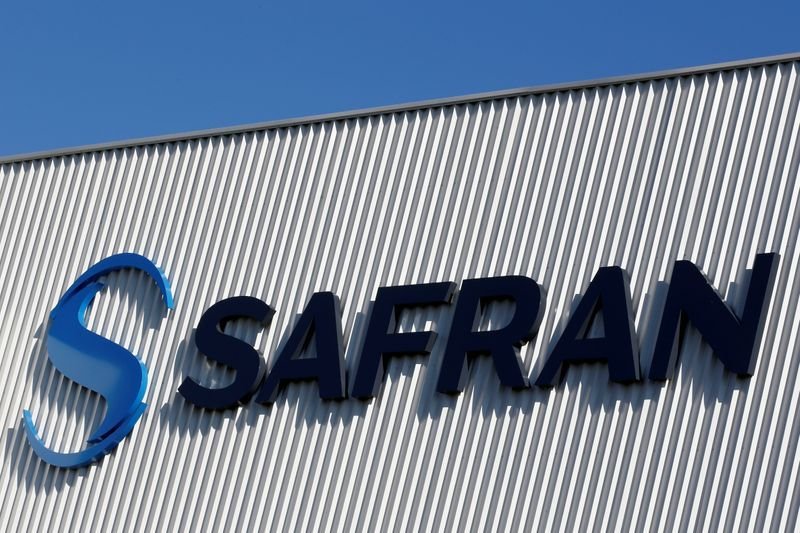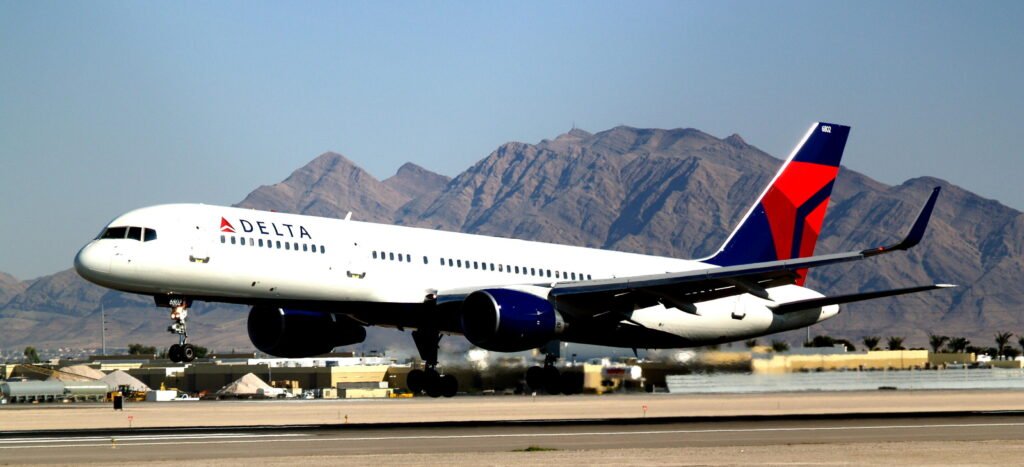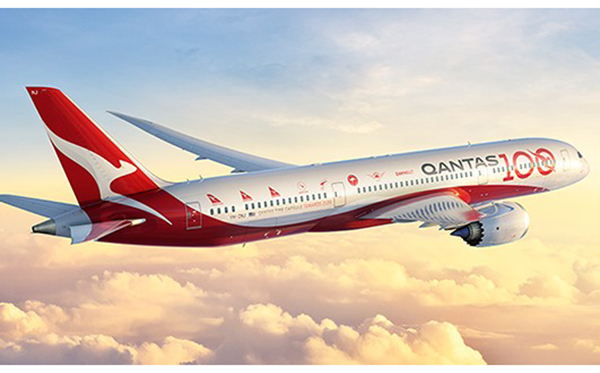Safran Shares Lifted by Boeing 737 MAX Restart Plan
Outbreak of the coronavirus disease (COVID-19) in Renton, Washington PARIS (Reuters) - Safran <SAF.PA> shares rose on Thursday after Boeing <BA.N> said it would restart production of its 737 MAX jet and announced further cost-cutting…


